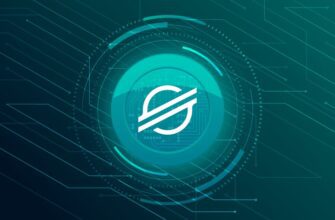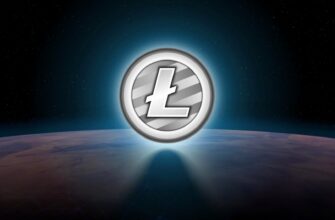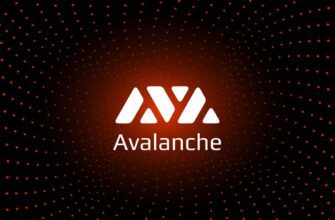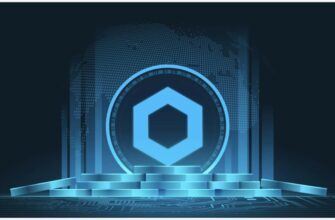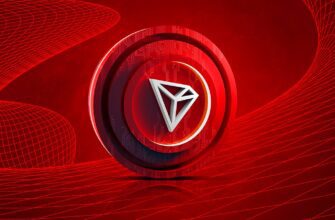What Is StellaSwap?
StellaSwap is a decentralized exchange (DEX) built on the Moonbeam network, a smart contract platform that integrates seamlessly with Ethereum. As part of the Polkadot ecosystem, Moonbeam offers cross-chain compatibility, enabling StellaSwap users to trade a wide range of tokens from multiple blockchain networks efficiently and cost-effectively.
At its core, StellaSwap provides users with fast, low-fee, and permissionless trading, allowing anyone to swap tokens, provide liquidity, and earn rewards without relying on centralized intermediaries.
What Is the STELLA Token?
The STELLA token is the native utility token of the StellaSwap ecosystem. It serves multiple purposes, including:
- Governance: STELLA holders can vote on protocol decisions, helping shape the future of the platform.
- Liquidity Incentives: Users earn STELLA rewards by providing liquidity to various trading pairs.
- Staking: STELLA can be staked to earn passive income.
- Fee Reductions: Holding or staking STELLA may reduce trading fees for active users.
The token plays a central role in maintaining the sustainability and decentralized governance of the platform.
Key Features and Benefits of StellaSwap
1. Cross-Chain Compatibility
Thanks to Moonbeam’s integration with Polkadot, StellaSwap allows users to interact with assets from other chains like Ethereum, Binance Smart Chain, and more—without leaving the DEX.
2. Low Transaction Fees
Compared to Ethereum-based DEXs, StellaSwap offers significantly lower gas fees, making it more attractive for regular users and liquidity providers.
3. Fast Transactions
StellaSwap benefits from Moonbeam’s fast block times, resulting in quicker confirmation and execution of trades.
4. Passive Income Opportunities
Users can earn STELLA through liquidity provision, staking, and yield farming, giving DeFi participants multiple streams of potential revenue.
5. Community Governance
STELLA token holders actively participate in voting on protocol upgrades and proposals, fostering a user-driven development environment.
6. User-Friendly Interface
The platform is designed with an intuitive interface, making it accessible even for beginners in decentralized finance.
Potential Drawbacks of StellaSwap
1. Limited Adoption
While StellaSwap is growing, it’s still relatively new compared to major DEXs like Uniswap or PancakeSwap. This could limit liquidity and trading volume on some pairs.
2. Platform Risk
As with any DEX, users interact with smart contracts, which may contain bugs or vulnerabilities despite audits.
3. Network Dependency
StellaSwap’s performance and reliability are closely tied to the Moonbeam network. Any technical or security issues with Moonbeam can directly affect the DEX.
4. Market Volatility
Like most DeFi tokens, STELLA is subject to significant price volatility, which can impact rewards and returns for users.
Use Cases for STELLA Token
- Trading Fee Discounts: Reduce costs by holding or staking STELLA.
- Voting on Proposals: Shape the direction of StellaSwap through decentralized governance.
- Liquidity Mining: Earn STELLA by adding liquidity to trading pools.
- Yield Farming: Pair STELLA with other assets to maximize DeFi returns.
Is StellaSwap Worth Using?
StellaSwap offers a compelling combination of speed, affordability, and interoperability. For users who are active on the Moonbeam or Polkadot ecosystems—or those simply looking to avoid high Ethereum gas fees—it presents a modern alternative to traditional DEXs.
However, as with any DeFi project, it’s important to assess personal risk tolerance, conduct independent research, and use secure wallets when interacting with the platform.
Conclusion
StellaSwap is carving out a niche as a fast, cost-efficient decentralized exchange powered by Moonbeam. With its native STELLA token at the center of a growing ecosystem, it offers real opportunities for users seeking governance, rewards, and cross-chain trading.
While not without its challenges, StellaSwap is a promising project in the evolving world of DeFi and is worth watching for both investors and developers.


